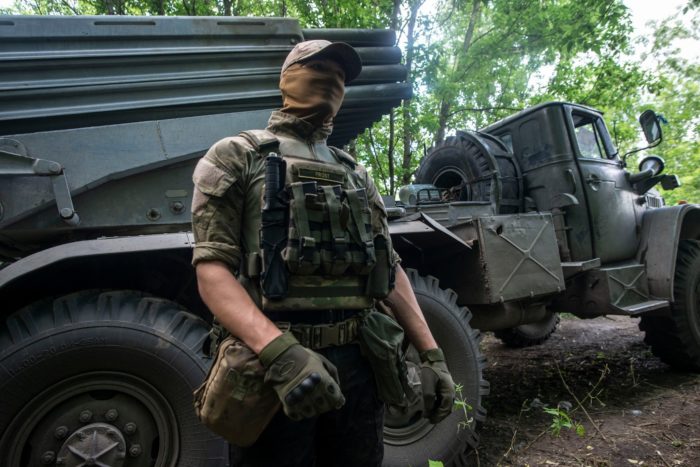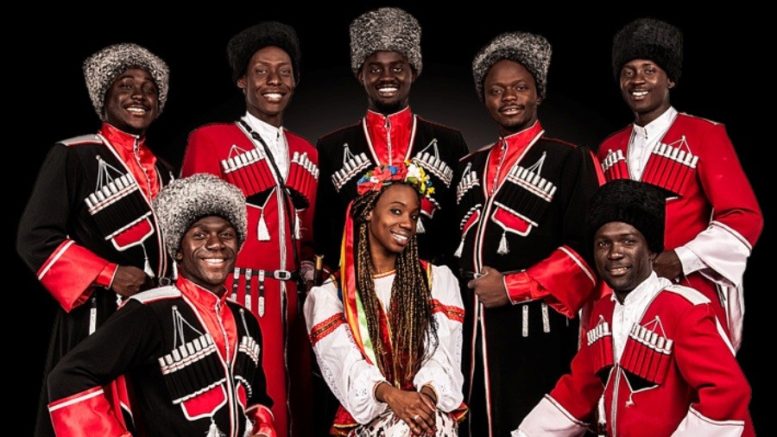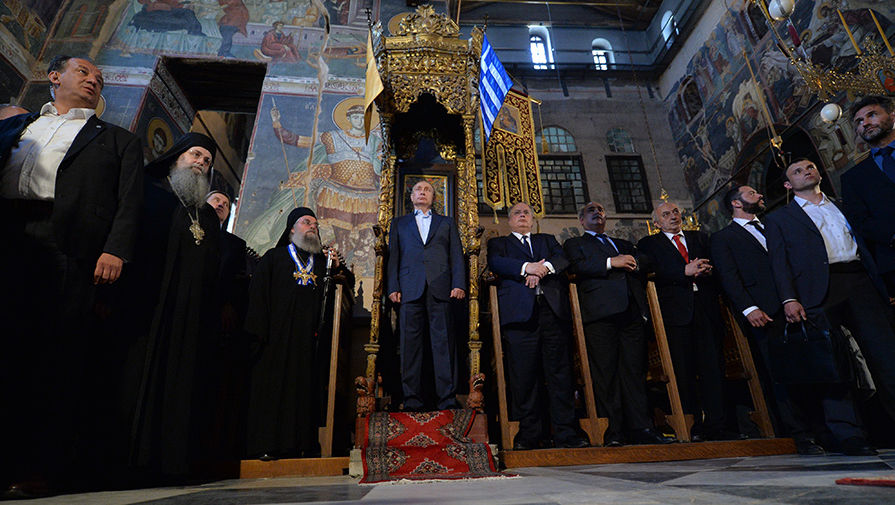Many commentators have suggested that Vladimir Putin is expressing outrage about the corruption charges the US has brought against FIFA because of his fear that these cases will be used to deprive Russia of its hosting of the 2018 World Cup competition, an event that Putin hopes will win him even more plaudits than the Sochi Games.
But Ukrainian commentator Vitaly Portnikov suggests that the Kremlin leader may have an even more powerful motive for condemning the FIFA arrests: trials in Western courts of those involved could expose his own corruption and that of those around him and thus threaten his hold on power.
He points out that the arrests of FIFA officials may become “only the beginning of the collapse of a gigantic corrupt pyramid build by soccer barons over the last decades and transforming a popular form of sport into a real zone where everything goes.” That has the potential to threaten Russia’s role of host in 2018.
But such arrests and trials in Western courts may lead to something far more serious, and that is why Putin and his entourage are reacting so emotionally even though so far they have not made any reference to these larger outcomes, the Ukrainian commentator says. The reasons for this pattern lie in “the psychology of the Russian leader and of those who surrounding him.
“These people are not agitated at all by accusations concerning the annexation of Crimea or the unleashing of war in the Donbas. In their system of coordinates, those things are only politics. The Americans fight in Iraq; we do so in Ukraine… The Americans forced the Serbs to give up Kosovo; we have forced the Ukrainians to do the same in Crimea.”
In their view, Russia is a great power and if the Americans can do something so can they. Anyone who suggests otherwise is engaged in “double standards.” Moreover, they are convinced that as long as they hold power in their hands, no one will punish them for such actions. They would be at risk only if they lost power.
But criminal cases are “an entirely different thing.” They are something that Putin and his entourage “fear like fire” because despite “all their self-confidence, Russian rulers like the leaders of any other developing country headed by a corrupt military gang are firmly integrated in the Western world. Their money, property, children and services are there.”
To be sure, Portnikov continues, they understand that “against a particular group of people may be introduced political sanctions which can then be lifted, but criminal prosecution remains outside of political conflict.” And consequently, for such elites, Putin’s among them, it is “not comme il faut.”
Such elites have enough self-awareness, Portnikov says, that “they understand that in the contemporary world, they are not masters but petty thieves … and if in politics they can show their weight with the help of death, then in ordinary life they have nothing to oppose criminal prosecution in the West, except perhaps for war.”
Putin has particular reason to understand this equation, the Ukrainian commentator says, because he rose to power because he unlike others in Boris Yeltsin’s circle showed himself able to prevent the first Russian president from having to face the criminal charges that Yeltsin himself feared most.
“Now a similar danger threatens Putin himself or those closest to him,” and that is why he and his regime are reacting so sharply to the FIFA arrests, Portnikov says, adding that the whole case shows something else as well: “In the West, they understand what his button is” and how to push it.
More on Russian corruption:
SWIFT disconnect: Why does it absolutely terrify the corrupt Russian elite?
Putin’s corrupt moral convictions imposed on entire Russian society




